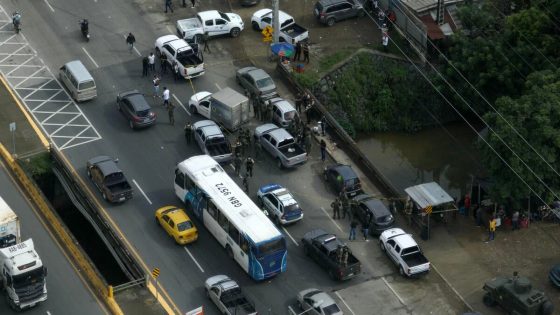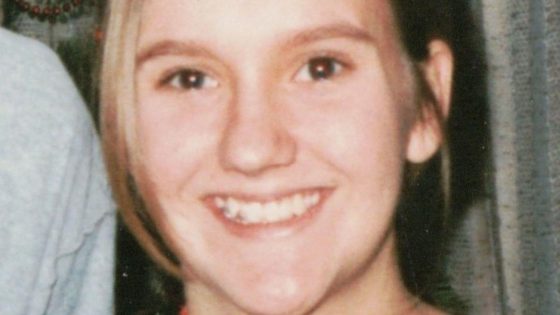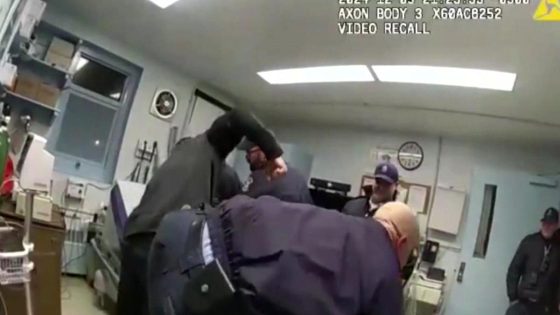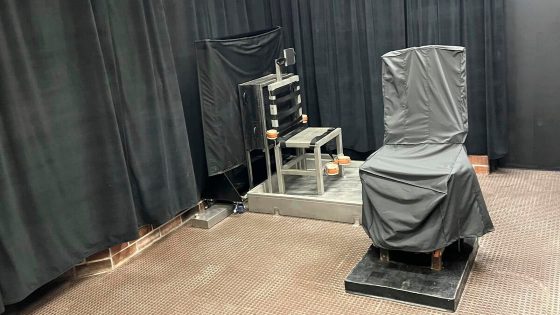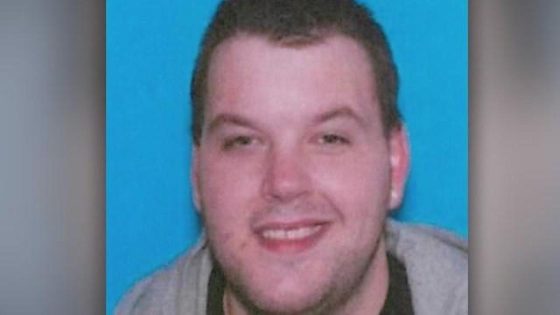An Indiana community is grappling with the tragic fallout from an alarming incident that left one serviceman dead and two others injured. On a night in 2022 that should have been filled with camaraderie and rest, three Dutch soldiers found themselves caught in a violent confrontation in downtown Indianapolis, resulting in the fatal shooting of 26-year-old Simmie Poetsema.
- Indiana man sentenced to 105 years prison
- Shamar Duncan convicted of murder and attempted murder
- Victim Simmie Poetsema was a Dutch soldier
- Incident occurred during soldiers' night off
- Duncan apologized to victims' families
- Shooting involved a brief fight and gunfire
On Monday, a Marion County judge sentenced Shamar Duncan to an imposing 105 years in prison for his role in the chaos that unfolded. Duncan received 60 years for murder, 35 years for attempted murder, and an additional 10 years for aggravated battery—all of which will be served consecutively. The stark realities of this case emerged when the jury delivered a guilty verdict last month, highlighting the urgency for justice following a senseless act of violence.
The event took place during a night off for Poetsema and his fellow servicemen, who were in the U.S. for training at a military camp in southern Indiana. As they strolled back to their accommodations, they encountered Duncan and a group of friends. Witnesses later described the soldiers’ attempts to defuse rising tensions, but a brief altercation escalated dangerously when shots rang out from a passing truck, catching the unsuspecting soldiers off guard.
Poetsema, a dedicated member of the Dutch Commando Corps, became an unintended casualty in a situation that spiraled completely out of control. Witness accounts detailed how the altercation unfolded rapidly, leaving little time for reason before the gunfire erupted. The sense of disbelief and sorrow from those who witnessed the crime underlines the unpredictability of such violent encounters. One nearby witness remarked, “They were just trying to walk back home, and then everything went dark too quickly.”
During his sentencing, Duncan expressed remorse, admitting to a sense of sudden impulse that led to the tragedy. “I just spazzed,” he told one of his friends, illustrating the chaotic state of mind that fueled his violent actions. In front of the court, he extended apologies to the families of the victims, as well as his own, acknowledging the pain caused by his reckless behavior.
The procedures leading to Duncan’s sentencing involved a lengthy investigation where detectives gathered testimony and forensic evidence, piecing together the events on that fateful night. Authorities emphasized the importance of tackling gun violence, especially involving service personnel, as it poses profound implications for community safety and trust.
As the dust settles in the Indianapolis community, the implications of this shooting extend beyond the courtroom. It raises pressing questions about the challenges soldiers face when they return to civilian life and underscores the need for support systems in place to help prevent future escalations of violence.
Looking ahead, Duncan will serve his sentence under strict regulations, while the community reflects on the tragic loss of Simmie Poetsema. The impact of his death resonates, reminding all of the delicate balance between civilian life and the potential for violence that can arise, often without warning. With this case now concluded, families are left to navigate their grief, and the community must come together to ensure that such incidents never happen again.





